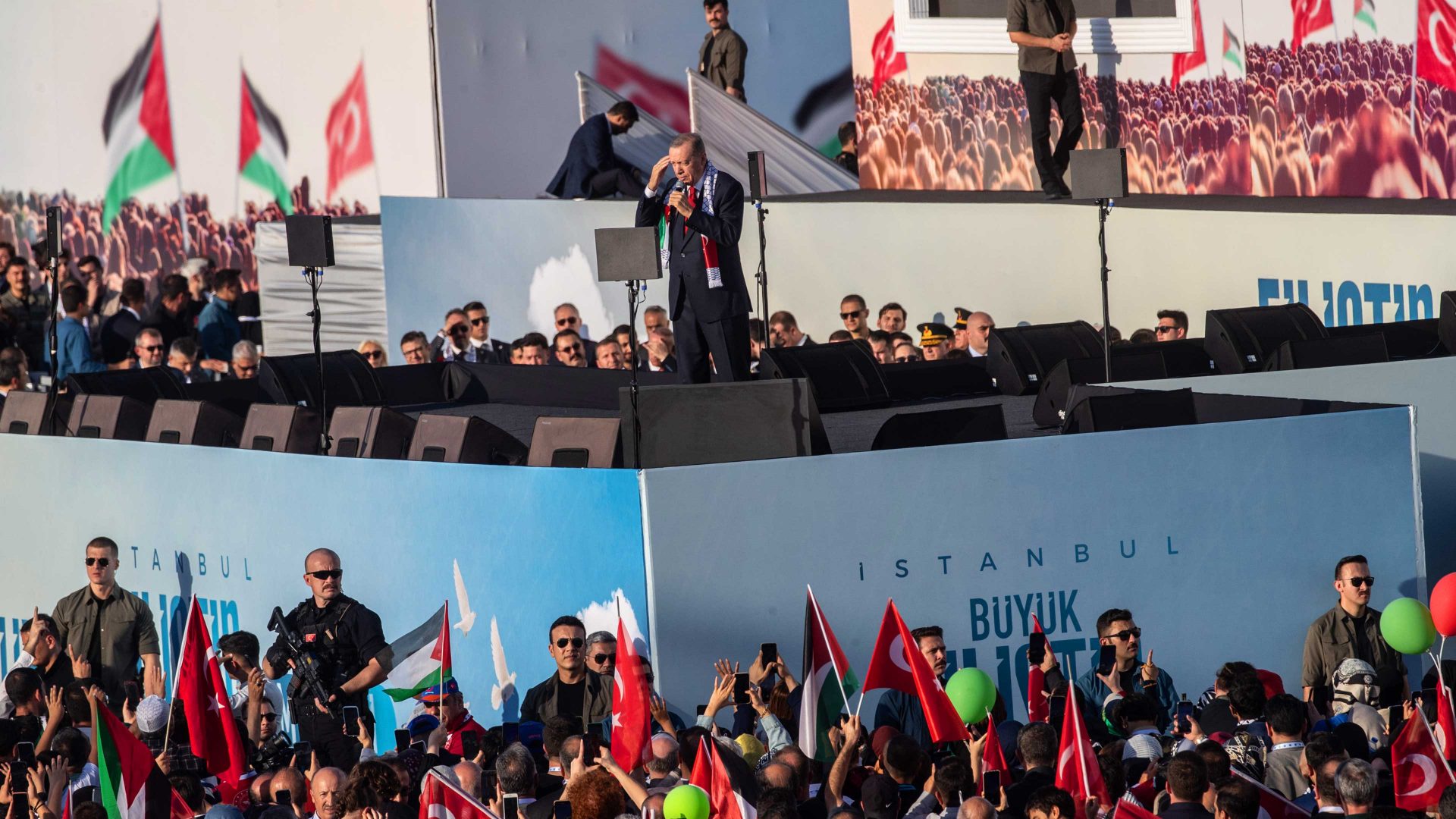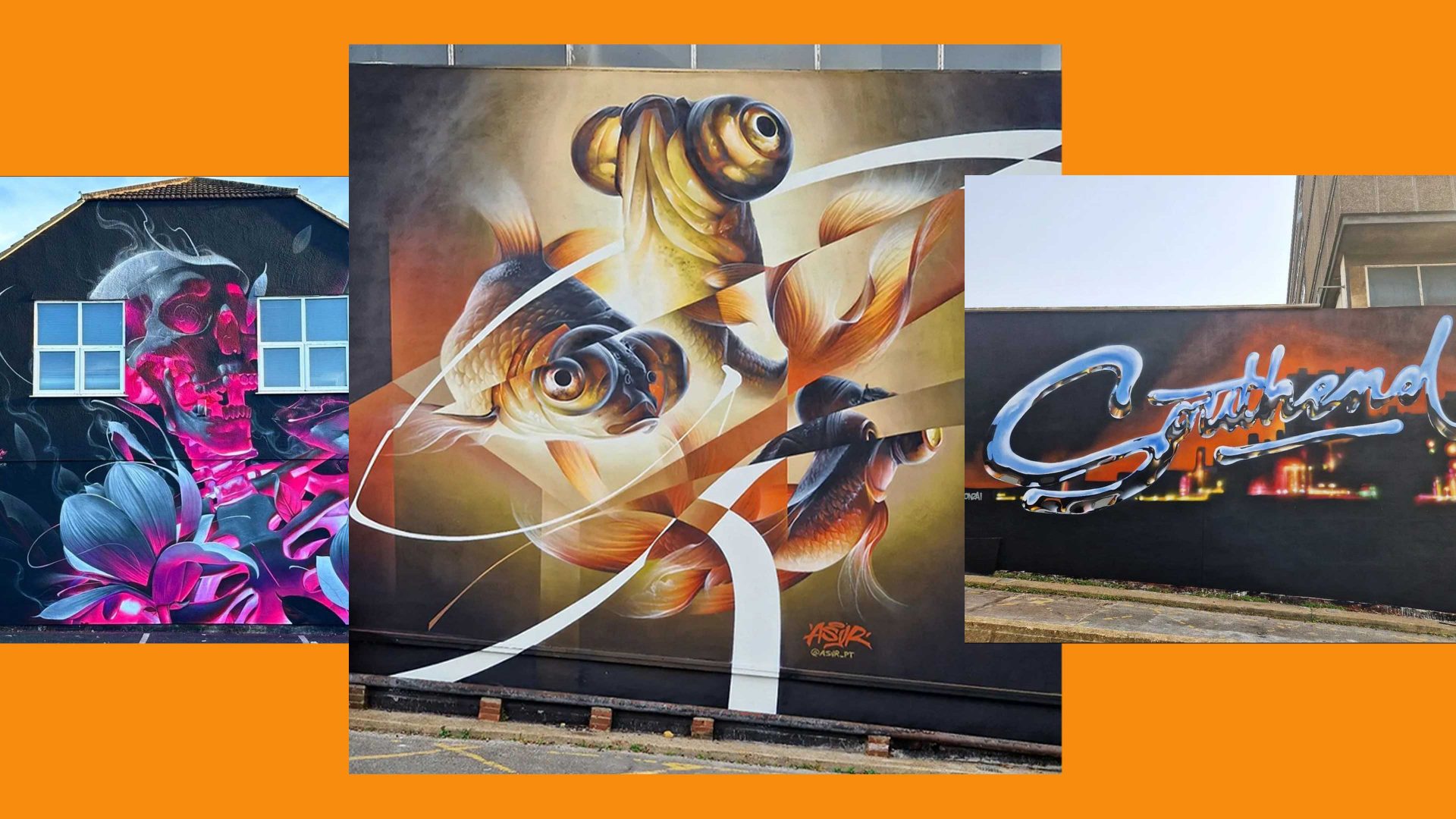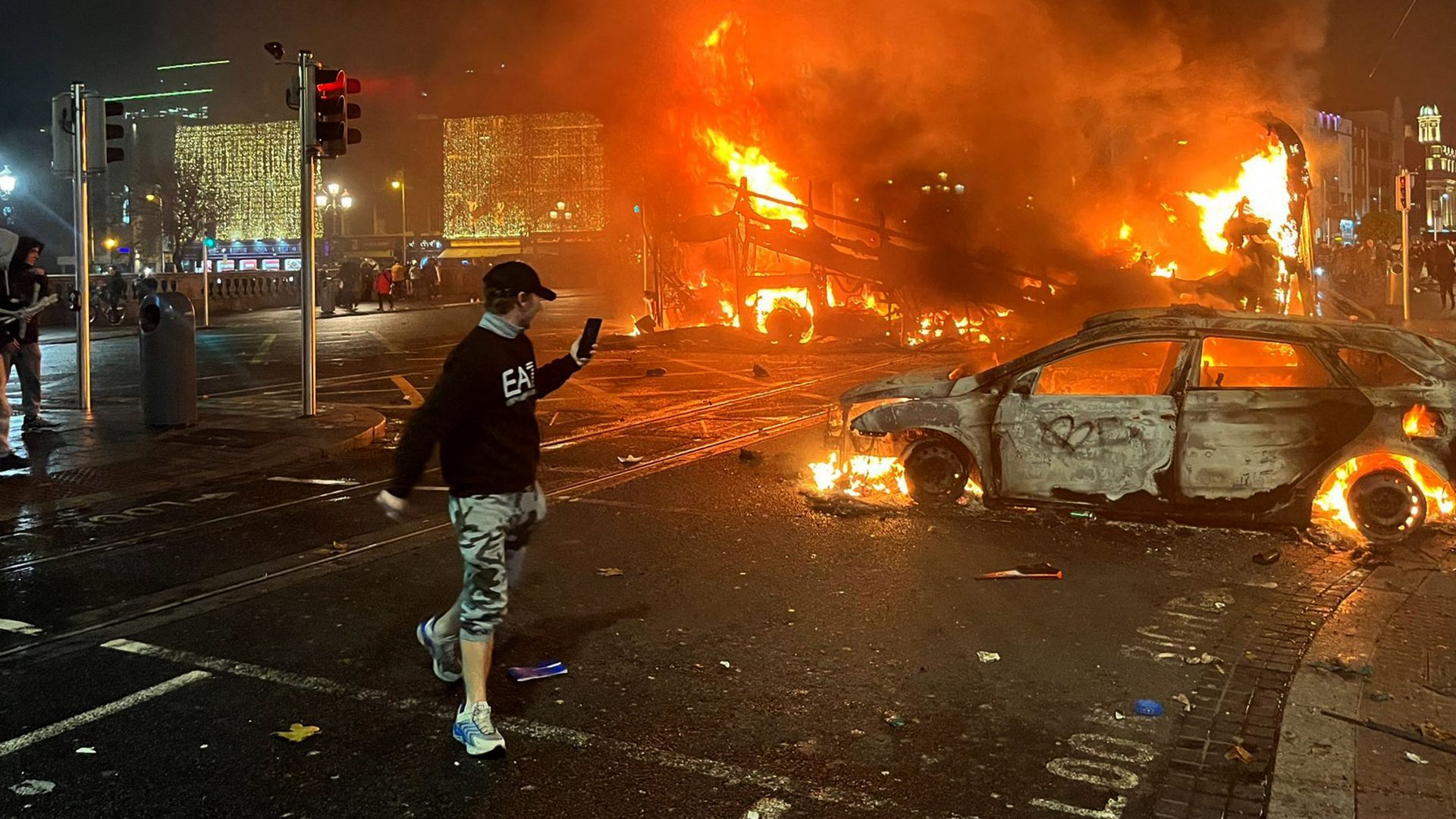At a train station in the north-western Turkish province of Kocaeli, I saw political stickers about the war in Gaza. Once you notice political stickers, you see them everywhere. Many were left by Islamists, and were calling for boycotts of various companies. The logos of Coca-Cola, Starbucks and Burger King were adorned with blood marks and the Star of David. One anti-McDonald’s sticker read: “McDonald’s gives free food to the Israeli army. There is baby blood on your meal, bon appétit!”
What’s surprising is that none of these companies are Israeli. While McDonald’s Israel did provide free food to the IDF, other outlets in Muslim-majority countries pledged aid for Gaza.
Meanwhile, a Facebook post by a local far right Turkish politician was going viral. He was shown holding bottles of Coke and Fanta, with the message: “Let’s buy a Coca-Cola every day to support Israel so that Palestine and Arabs will be wiped off the map”.
As the conflict escalated, public outcry led to fast-food workers being attacked and Starbucks customers being harassed. With the increasing death toll in Gaza, the direction of Turkish foreign policy has started to change. During the initial stages of the conflict, the president, Recep Tayyip Erdoğan, made careful, balanced statements calling for de-escalation. After a few weeks, Erdoğan claimed that Hamas was not a terrorist group but a liberation organisation. Turkey and Israel recalled their ambassadors, escalating tensions between Erdoğan and Benjamin Netanyahu.
On October 28, Erdoğan held a “Great Palestine Rally” at Istanbul Atatürk airport. Since the airport’s closure in 2019, the area has been used for festivals and rallies. Erdoğan attacked the west and Israel while mentioning Gaza under Ottoman rule. “Just like Thessaloniki… Gaza was also a part of our homeland that we thought was inseparable.”
The nationalist and Islamist support for Palestine repeatedly makes references to the Holy Land’s Ottoman past, blurring the lines between support for an independent Palestine, a two-state solution, and neo-colonial attitudes.
At the rally, the crowds chanted “Mehmetçik to Gaza!” – Mehmetçik means “little Mehmet”, an affectionate nickname for Turkish soldiers. It’s unclear whether the crowd wants the Turkish army to intervene in Gaza as a peacekeeping force or to fight the Israeli army. Erdoğan even used a nationalist slogan previously reserved for Greece: “We can come all of a sudden one night!”
And yet Turkey has deep economic relations with Israel. Israel is a huge market for Turkey’s steel exports, and Turkish exports to Israel were $7bn in 2022. While his voter base wants a pro-Hamas and anti-Israel rhetoric, can Erdoğan risk alienating Israel and potentially losing such a crucial trade partner?
While the world was focused on the airstrike at Gaza’s Al-Shifa hospital, the main opposition party in Turkey, the Republican People’s Party (CHP), was busy with its party convention. Kemal Kılıçdaroğlu, the party leader for the past 13 years and the opposition’s presidential candidate, lost to Özgür Özel, a young pharmacist representing the reformist wing of the party. Kılıçdaroğlu had lost 10 elections against Erdoğan, but the presidential election defeat has now cost him the party leadership.
The new leader, Özgür Özel, from the western province of Manisa, recognises Hamas as a terrorist organisation. He condemned both Hamas’s massacre of civilians and Israel’s disproportionate response. Similar to other social democrats in Turkey, he also reminded people of the young Turkish leftists who joined Palestinian organisations in the 1970s and former CHP leader Bülent Ecevit’s warm relations with the Palestinian cause. In 1979, while Ecevit was prime minister, he invited PLO leader Yasser Arafat to Ankara.
The Turkish public is very pro-Palestine. Over the last few weeks, I have visited various small towns in the provinces of Kocaeli and Bursa. There are Palestinian flags on the streets, and people wearing keffiyeh-pattern scarves with Palestinian and Turkish flags.



